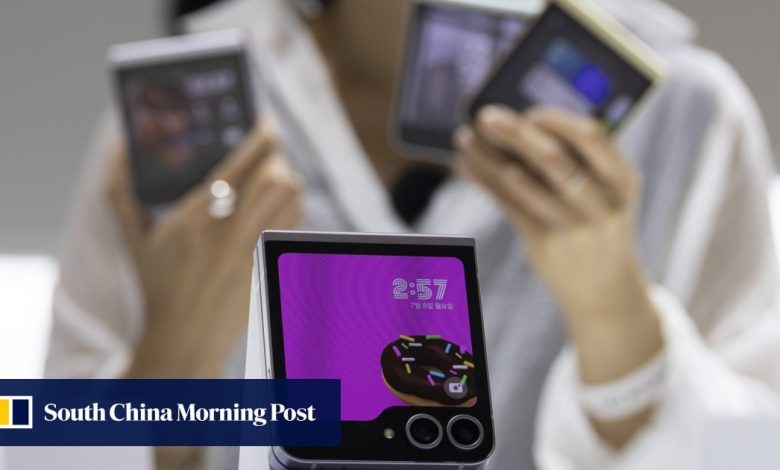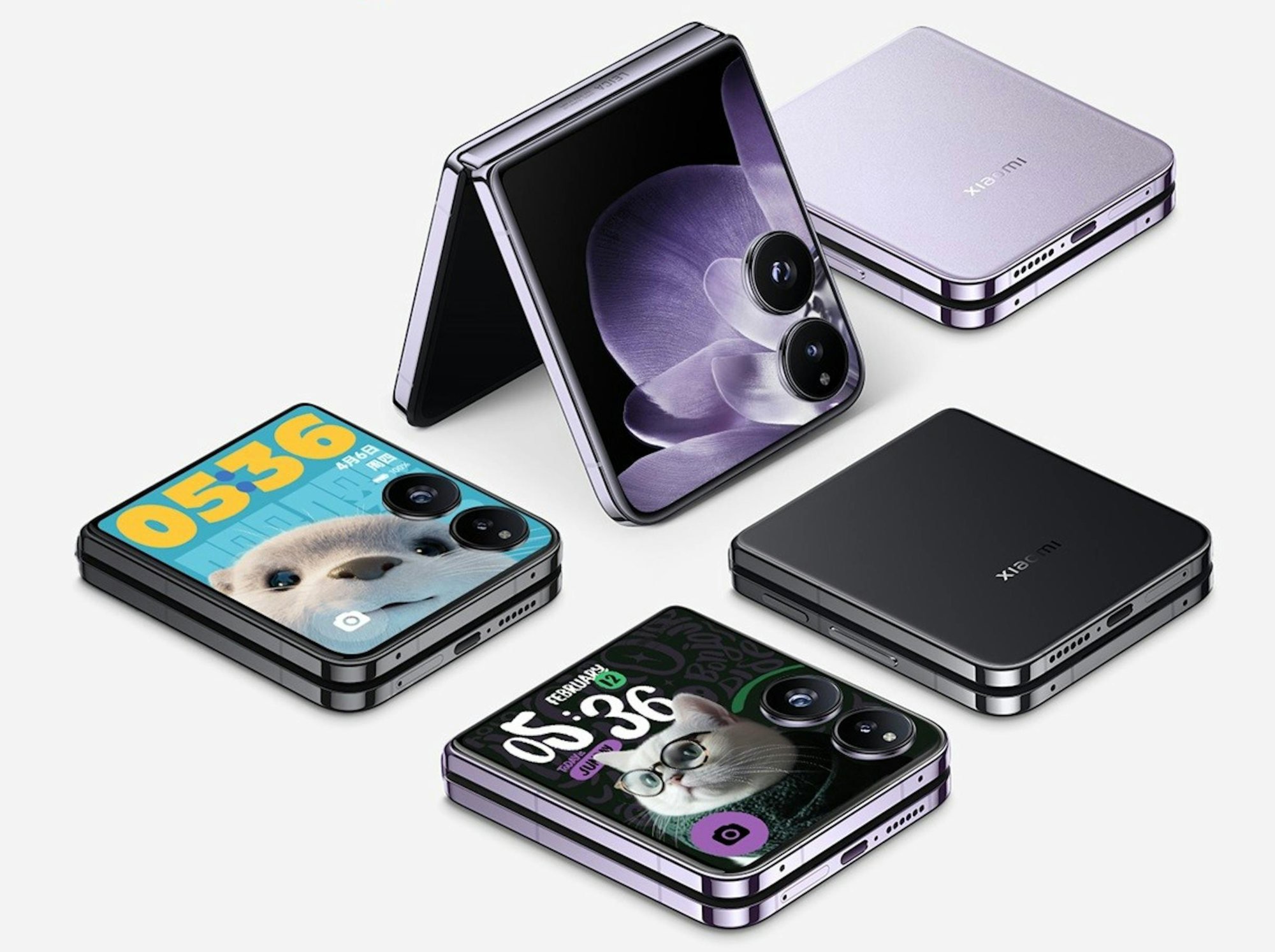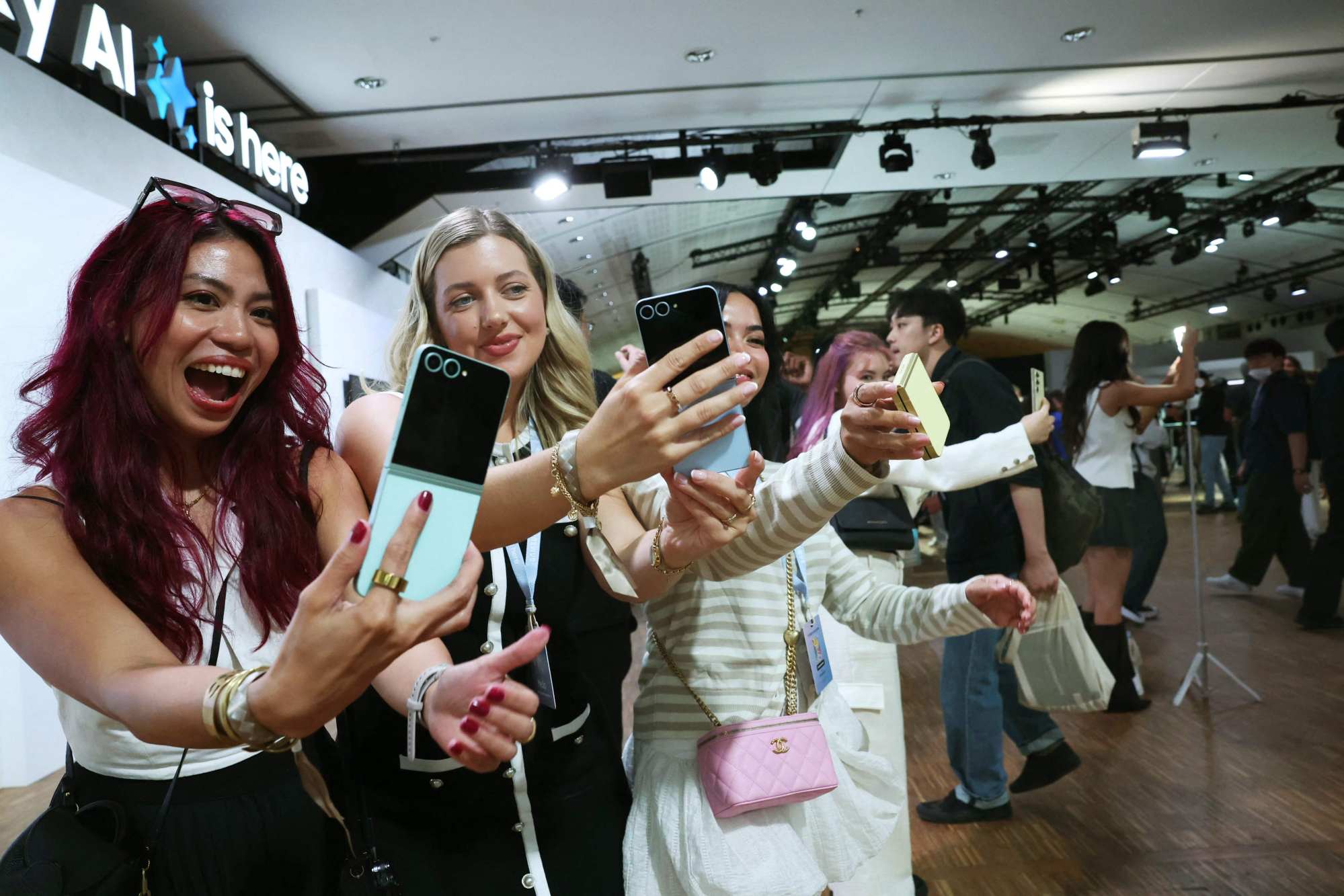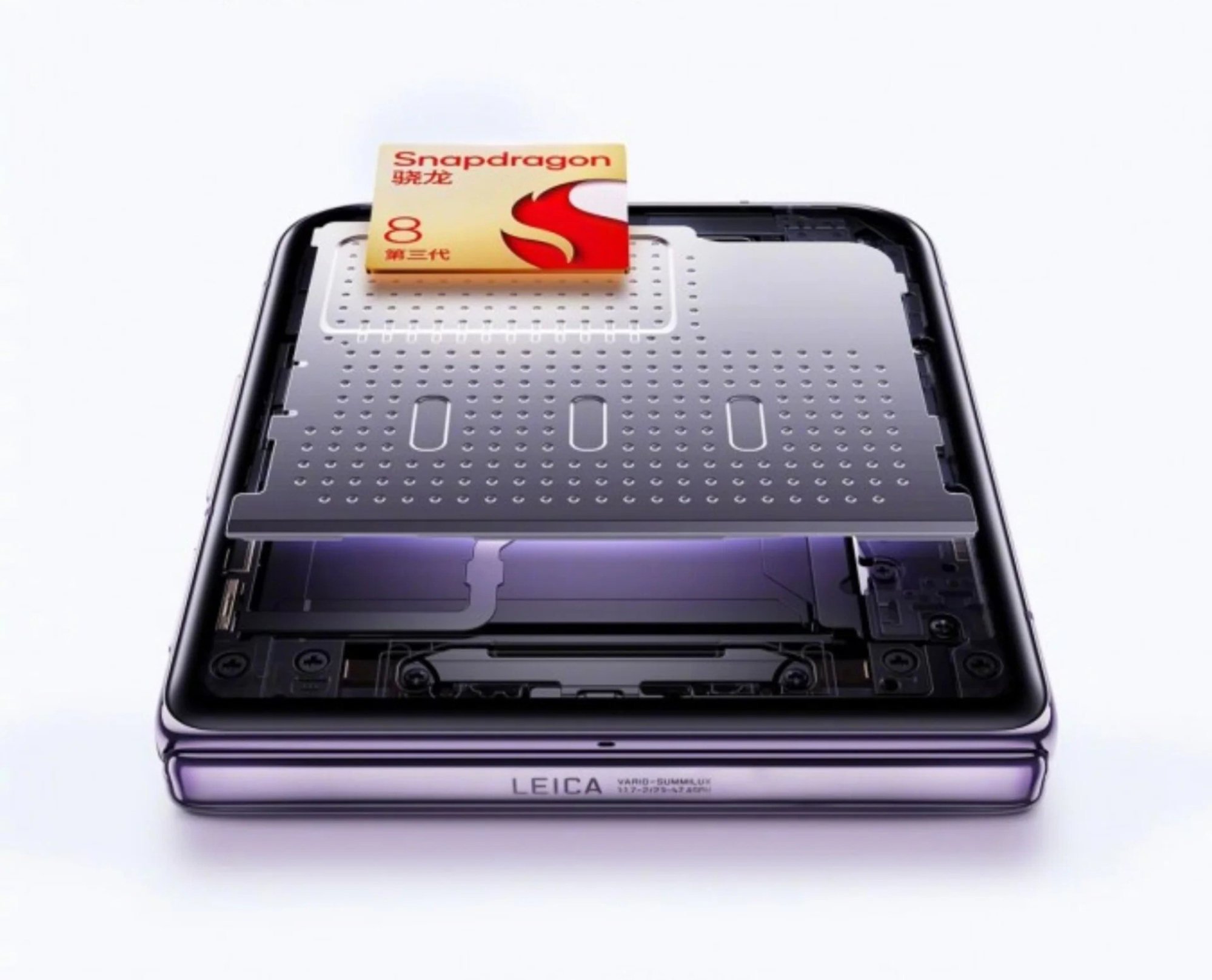East Asia
China’s foldable smartphone market heats up with Samsung-ByteDance AI pact, Xiaomi launch

Beijing-based Xiaomi – the world’s third-largest smartphone vendor in the June quarter, according to research firm IDC – is expected to unveil the Mix Flip, its first-ever clamshell-type model, and the Mix Fold 4, with a slim booklet design that opens horizontally into tablet form, according to teasers released by the company.
These initiatives reflect how major Android handset players are betting on foldable, AI-powered models to compete with Apple’s iPhone in the high-end segment of the world’s biggest smartphone market. Foldable handsets with AI features are projected to boost smartphone sales on the mainland, with total 2024 shipments rising 3.1 per cent year on year to 279 million units, according to IDC.

IDC data showed that total 2023 foldable smartphone shipments in China jumped 114.5 per cent year on year to 7 million units.
In the first quarter, Huawei beat Samsung to become the world’s bestselling foldable smartphone brand with a 35 per cent market share, as the South Korean tech conglomerate’s share fell to 23 per cent, according to data from Counterpoint Research. Samsung, however, remained the world’s overall top smartphone vendor in the second quarter with shipments of 53.9 million units, according to IDC.
Samsung’s ByteDance AI-supported foldable handsets for China are expected to start shipping this Saturday, which could potentially boost demand for its devices on the mainland, where it once was the biggest smartphone vendor with a 20 per cent market share in 2013.

The partnership with Samsung leverages “the high-quality content sourced from [ByteDance’s] Douyin group to provide users with the latest and authoritative online information”, according to a social media post on Wednesday by Volcano Engine, the cloud computing unit of ByteDance. Douyin, which has more that 600 million daily active users, is the Chinese version of global hit short video platform TikTok.
The Doubao AI model enables users of the new Samsung handsets to generate avatars in four different styles based on just one photo of a person. The LLM also supports the Bixby voice assistant, Samsung’s answer to Apple’s Siri, to generate videos of a place when a user searches for travel information.
Samsung, which has Google’s Gemini as its AI partner overseas, has localised its GenAI efforts in China amid the country’s strict censorship policies. Samsung has also partnered with Baidu and photo-editing platform Meitu to support its Galaxy devices on the mainland.

“The integration of generative AI and foldables’ multi-window display strength can enable greater productivity and become a key driving factor for the speedy growth of this [smartphone] segment,” Counterpoint said in a recent report.
Xiaomi’s Mix Flip, meanwhile, has Qualcomm’s new-generation Snapdragon 8 as its processor and German firm Leica Camera’s Summilux for its optical lens.





